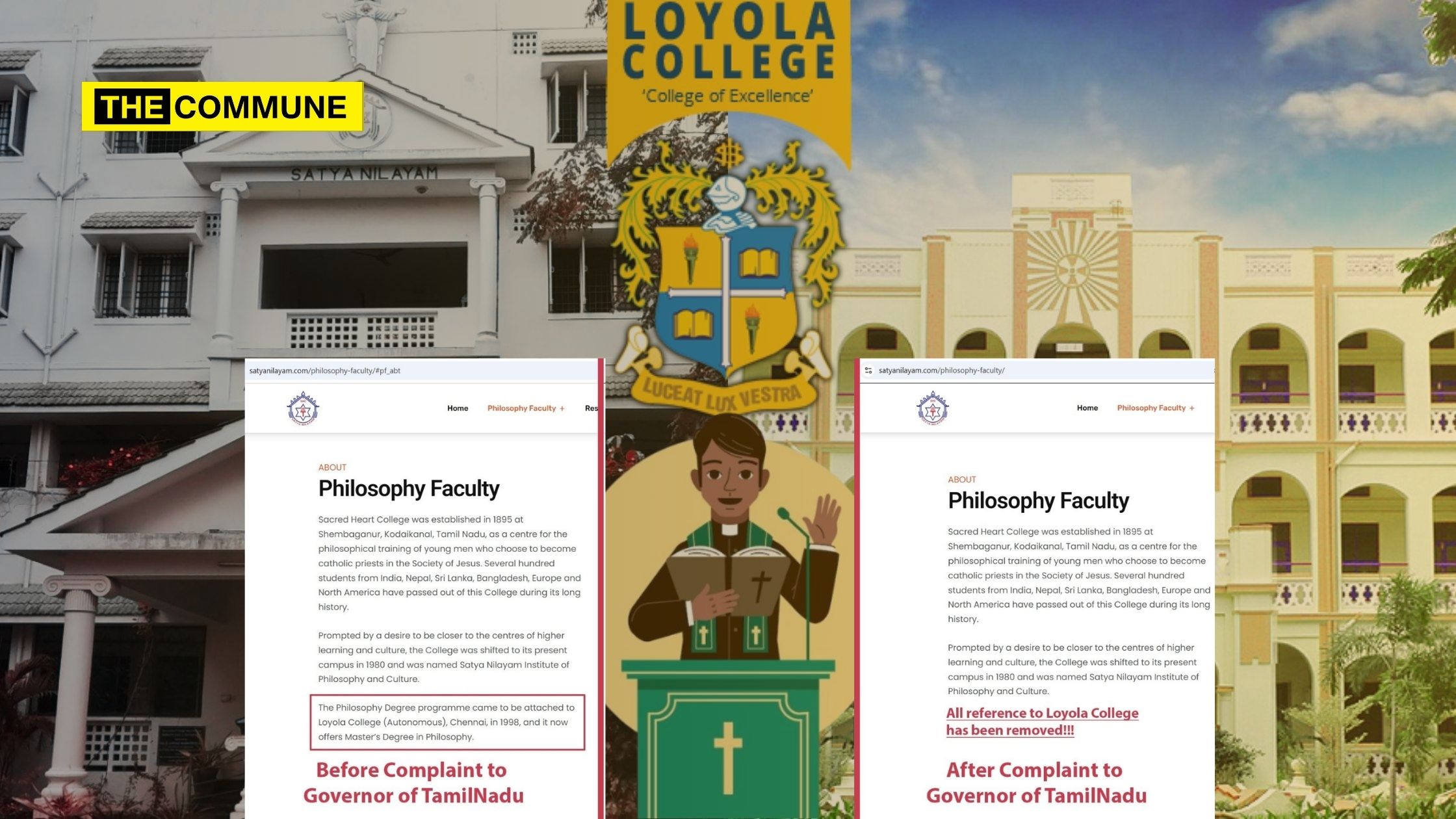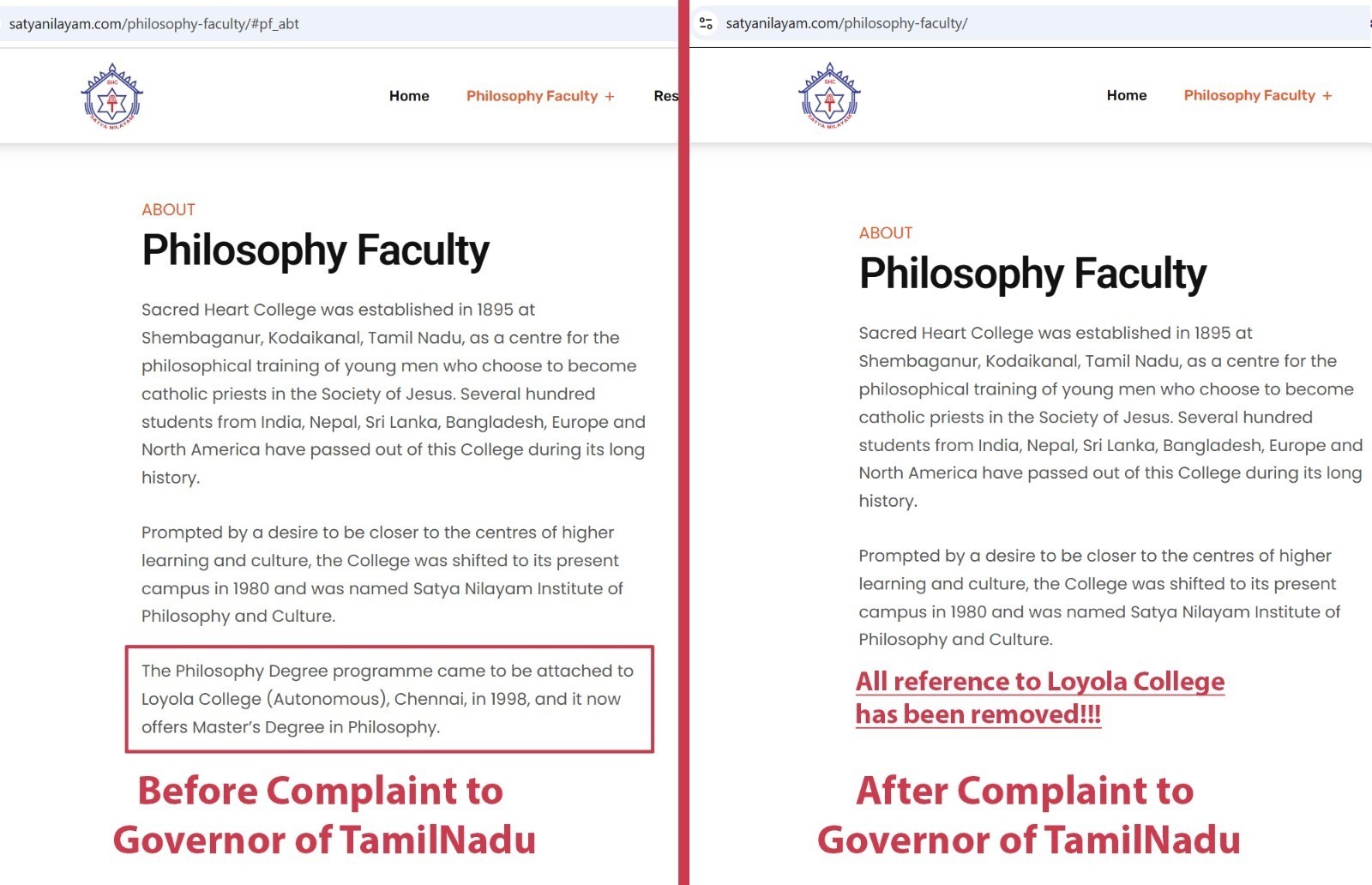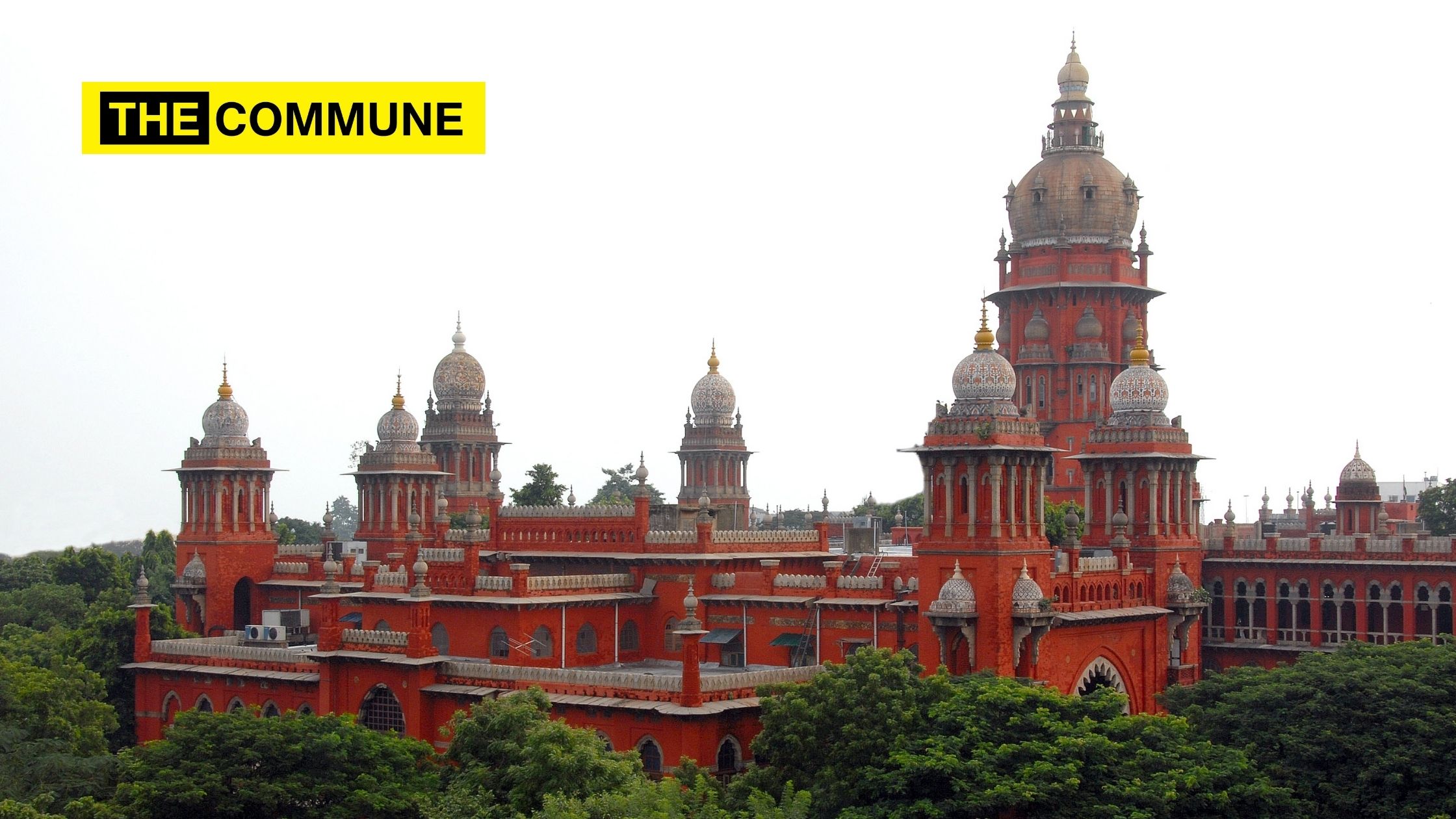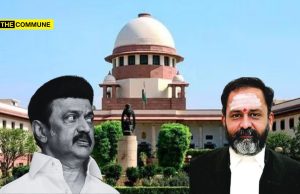
In the hallowed halls of Chennai’s Loyola College, a quiet scandal has been unfolding—one that exposes how prestigious minority institutions exploit their autonomy while flouting the very laws designed to protect them. At the heart of this controversy is Satya Nilayam, an off-campus center operating 20 kilometers away from Loyola’s main premises, where an unauthorized MA Philosophy program has been running for years under the nose of the University of Madras.
Despite repeated warnings and even intervention from Tamil Nadu Governor R.N. Ravi, the program continues unabated, shielded by institutional impunity and a glaring lack of accountability. The violations are egregious. The University of Madras never approved Satya Nilayam as an extension campus, yet Loyola College has been using its affiliation to grant degrees to students trained exclusively at this remote facility—many of whom are foreign Jesuit missionaries from Nepal, Sri Lanka, Kenya, Europe and other countries. This blatant misuse of a secular university’s credentials for what is essentially a religious training program constitutes academic fraud.
Worse, evidence suggests that admissions at Satya Nilayam systematically favor Jesuit seminarians while excluding non-Christian candidates, violating the University of Madras’s non-discrimination policies and India’s constitutional commitment to equitable education. When the Legal Rights Protection Forum (LRPF) filed a formal complaint, Satya Nilayam’s website suddenly disappeared, only to resurface with all references to Loyola College and the University of Madras scrubbed clean.

This clumsy cover-up only deepens suspicions: if the program were legitimate, why the secrecy? Why the refusal to comply with basic affiliation rules for over 27 years? The answer is simple—because Loyola College, like many elite minority institutions, believes it can operate outside the rules, using its minority status as both a shield and a weapon.
https://x.com/lawinforce/status/1904037145435845062
The University of Madras’s inaction is equally damning. Despite multiple warnings since 2019, it has failed to cancel Loyola’s affiliation, conduct surprise inspections, or impose meaningful penalties. This raises disturbing questions: Is there political pressure at play? Are university officials turning a blind eye to maintain cozy relationships with powerful religious institutions? Or is this yet another example of how India’s education system tolerates different standards for different communities?
The implications extend far beyond one college. This case tests whether minority-run institutions, under the protective cloak of Article 30, can willfully undermine national education policies while demanding taxpayer-funded autonomy. If a Hindu or Muslim institution attempted something similar, would the silence be so deafening? Would the regulatory response be so lethargic? The time for empty warnings is over. The Governor’s office must escalate this into a full investigation.
The University of Madras must revoke affiliations and blacklist Satya Nilayam. And the Jesuits—who built their legacy in India on the ideals of intellectual rigor and ethical integrity—must answer why they now betray those very principles. If India’s education system is to have any credibility left, this scandal cannot end with a quietly edited website and business as usual. It must end with consequences.
Subscribe to Telegram, WhatsApp, and Instagram channels and get the best stories of the day delivered personally.




